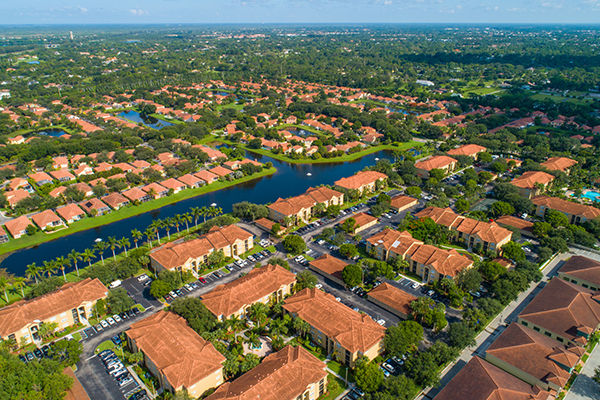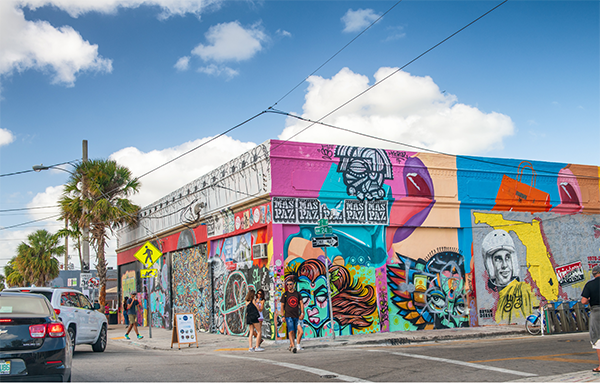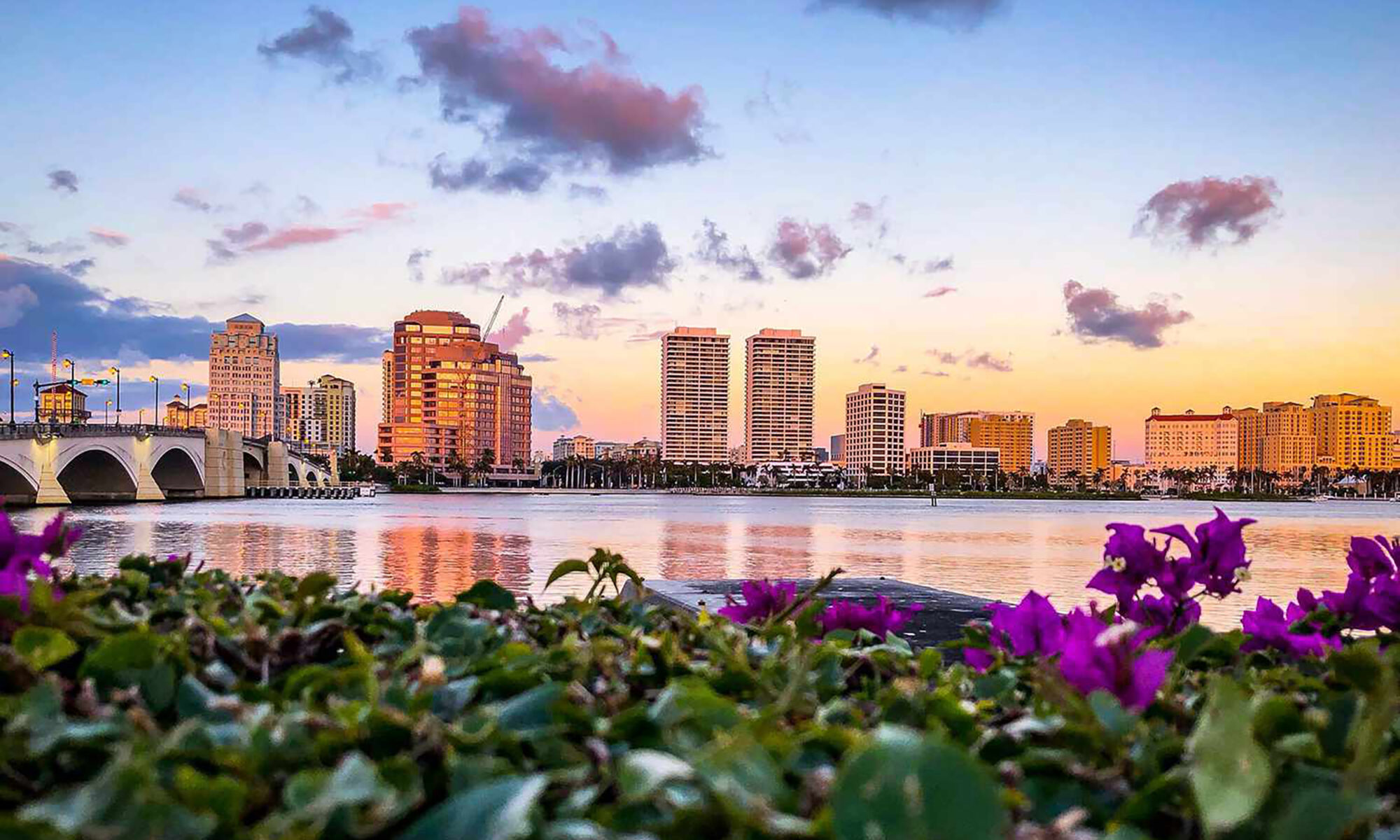The commercial real estate market is entering 2026 in a very different position than it was just a few years ago. Higher interest rates, shifting work habits, changing consumer behavior, and rapid technological advances have reshaped how investors, developers, and tenants think about property.
Rather than a full rebound or collapse, 2026 is shaping up to be a year of recalibration, where success depends on strategy, efficiency, and adaptability. Below are five key trends that will define commercial real estate in the year ahead.
1. Performance Will Matter More Than Price Growth
The era of easy appreciation is over. Investors are now prioritizing operational strength, stable tenants, strong lease structures, and consistent cash flow—over speculative value growth. Properties with predictable income, efficient management, and long-term demand drivers will outperform in a more disciplined market.
2. Property Types Are Splitting Into Winners and Losers
Not all sectors are moving at the same pace.
- Industrial and logistics properties remain in high demand due to e-commerce and supply chain reconfiguration.
- Multifamily remains resilient as housing affordability keeps renters in the market.
- Office continues to divide between premium, amenity-rich buildings and outdated properties that must be repositioned or repurposed.
This widening gap means location, building quality, and flexibility now matter more than ever.
3. Technology Is Becoming a Core Asset
Artificial intelligence, data analytics, and smart building systems are no longer optional tools, they are central to how real estate is valued, operated, and marketed. Owners who invest in data integration, automation, and tenant experience technology will gain a major advantage in efficiency, forecasting, and cost control.
4. Capital Is More Selective
Financing is available, but it is no longer easy. Lenders and investors are favoring properties with strong fundamentals, clear business plans, and long-term resilience. At the same time, capital is flowing into emerging real estate sectors such as data centers, energy infrastructure, and mixed-use developments, changing where money is being deployed.
5. Sustainability and Location Will Drive Long-Term Value
Tenants and investors increasingly expect properties to be energy-efficient, environmentally responsible, and well-located. Buildings that reduce operating costs, support flexible work, and offer access to dense, talent-rich markets will be better positioned to maintain value as population growth slows and competition increases.
Final Thoughts
Commercial real estate in 2026 is not about quick wins, it is about smart positioning. The next cycle will reward owners and investors who focus on fundamentals, embrace technology, and align with long-term market needs. Those who adapt will find opportunity, even in a more competitive and complex environment.
References:
https://www.duckfund.com/blogs-re/commercial-real-estate-digital-transformation












